| Timeline |
Activity |
| March 2024 |
Future Art Ecosystems 4 launch at Reference Point streamed on Twitch |
| March 2024 |
Serpentine Arts Technologies launch Future Art Ecosystems 4: Art x Public AI |
| February 2024 |
Dmstfctn ft. Evita Manji: Waluigi’s Purgatory performance at HQI, London |
| June 2023 |
Lab attends LLM Conference at NYU Prague with research presentations by Mercedes Bunz and Alasdair Milne |
| June 2023 |
Art x Public AI presented by Eva Jäger and Alana Kushnir (Serpentine Legal Lab PI) at Alan Turing Institute AI Art Network at City College |
| June 2023 |
Art x Public AI Roundtable No. 2 at Somerset House |
| May 2023 |
Lab awarded British Council CTC grant for Temporal Stack: Infrastructural Engagement Through AI & Art across China and UK; Eva Jäger and Iris Long undertake 7-days of field research at data centers and data analysis facilities in GuiZhou, China (publication forthcoming) |
| April 2023 |
Art x Public AI Roundtable No. 1 at KCL |
| March 2023 |
‘Large Lore Models’ in Autonomous Worlds reader (Eva Jäger, Alasdair Milne, Dmstfcn) |
| Jan 2023 |
Alasdair Milne and Daniel Chávez Heras presents at Transmediale with LSBU and Aarhus University |
| Jan 2023 |
Mercedes Bunz presents work from the Lab during Goethe Annual Lecture 2022 with lecture Q&A hosted by Eva Jäger |
| Nov 2022 |
Creative AI Position Paper is published via Lab Database |
| Oct 2022 |
Lab hosts Creative AI Theory & Practice symposium at King’s College London |
| Aug 2022 |
Eva Jäger presents on the Lab at Electric Dreams organised by the Computational Media and Arts Thrust (CMA) at The Hong Kong University of Science and Technology (Guangzhou) |
| June 2022 |
Lab present ‘Creative AI Futures: Theory and Practice’ at EVA 2022 Conference London |
| April 2021 |
Lab awarded Artist Machine Intelligence human research funding |
| Jan 2021 |
Monthly reading group begins with Digital Theory Lab NYU [ongoing] |
| Feb 2021 |
Lab is part of Liverpool Biennial‘s Journal Stages #9, The Next Biennial Should be Curated by a Machine |
| June 2021 |
Mercedes Bunz and Eva Jäger present their academic research at Art Machines II conference in Hong Kong |
| May 2021 |
R&D Labyrinths series debuts, a prototype of the Creative AI Lab which becomes part of Serpentine‘s Digital Commission programme in 2022 (created in collaboration with Trust) |
| Dec 2020 |
Curatorial Capabilities for ML roundtable at KCL hosted by Eva Jäger, Alasdair Milne and Serena Iervolino |
| Oct 2020 |
Maggie Roberts/0rphan Drift and Etic Lab enter into long-term collaboration around the ISCRI Project |
| Jul 2020 |
Official launch of Creative AI Lab and database with Luba Elliot as part of Serpentine’s Future Art Ecosystems + R&D Plat- form kick-off |
| April 2020 |
Research Creative AI as a Medium in Artistic and Curatorial Practice funded by LAHP, Alasdair Milne appointed |
| Jan 2020 |
Lab awarded UK Research and Innovation funding |
| Dec 2019 |
Roundtable at KCL—Neural Networks in the Gallery |
| Nov 2019 |
Experimental ‘HUO9000’ project linked to language processing, data cleaning and interface design with Dr Andrew Starkey (University of Aberdeen), Allison Parrish and DVTK is assembled as part of AHRC grant bid |
| Nov 2019 |
Roundtable at Trust in Berlin—Working & Creating with Machine Learning Acknowledgments |


